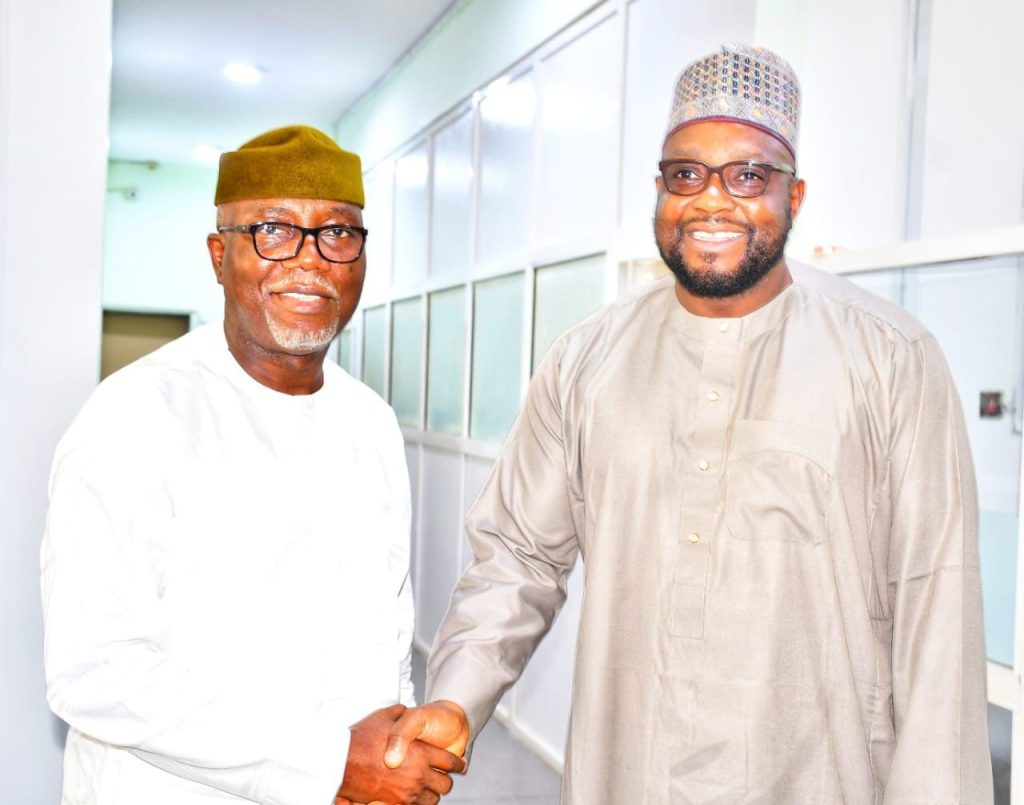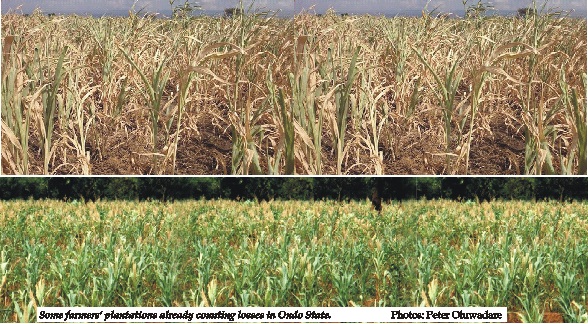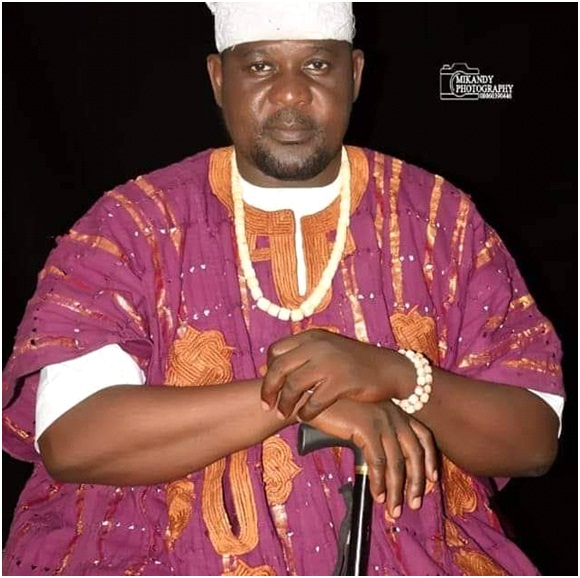Nigerian indigenous languages facing extinction
By Babatunde Ayedoju
Believed to be the most populous black country on earth, Nigeria is also said to be the giant of Africa. One might be wondering, “In what ways is Nigeria the giant of Africa?” The fact that Nigeria boasts of at least five hundred ethnic groups, each of them having its own dialect might suggest an answer to that question.
Having been colonised the United Kingdom of Great Britain and Northern Ireland, where English is not just the official language but the place of origin of the same language, Nigeria adopted English as her lingua franca.
That may not really be unbearable. In fact, one might want to justify it, considering the fact that Nigeria is a heterogenous state with more than five hundred local dialects. Which one can be adopted as a national language and owners of the others will not feel cheated or that their mother tongues are not appreciated? Therefore, a language is needed to bridge the gap and that has been the case with the adoption of English language as Nigeria’s official language.
However, the trend is now that a lot of people, especially the educated ones in urban areas speak only English language with their children at home. That has made a generation of young Nigerians to emerge who understand and can speak only English.
The Hope Newspaper spoke with Professor Garba Sadiq, a professor of English language, on what could be the reason why some parents usually do not want to speak their indigenous languages with their children.
In his response, Professor Sadiq said, “There are many reasons. One of them is culture clash. Many Nigerians feel their own culture is inferior to the English culture and language.
A second reason, according to the don, is that people want to go with modern times. In his words, “English happens to be a language for upward mobility. If you want to make progress in Nigeria, you must be heard speaking English. If you speak your mother-tongue, people will look down on you.”
The English language expert also opined that “Without English language you cannot communicate with anybody beyond your locality.”
To buttress that, Odun Ofere, an English language teacher said, “I feel parents do this because English language is a window to knowing all other subjects. Sound knowledge of the English language enhances effective communication and it places a child on the platform of relevance among his/her contemporaries.”
Another English language teacher, David Oyebanji believes that “Most schools teach using the English Language. Parents therefore feel communicating with their children in English Language will help them.”
He is also of the opinion that some parents in that category do that because they themselves do not understand their mother tongues well or see it as a sign of being modern parents.
That leads to another important question: Can we now say it is a correct practice to communicate with children only in a foreign language like English, considering some of the factors pointed out above?”
The seasoned English language guru disagreed, “No. It is not, especially if you put into consideration countries like China, Japan and India, where they speak their indigenous languages and they still make progress. You make more progress when you teach children in their own mother-tongues.”
Similarly, Odun Ofere noted that while competence in English language is a drive for unflinching boldness for any child, it can severe children from their cultural backgrounds.”
There is a popular belief in some quarters that parents who want their children to understand English well must speak English alone to them when they are still young.
In his response to that, the English language professor said, “I happen to be an expert in English language and having come this far, I see the amount of damage that English has done to all the Nigerian languages.”
He also pointed out that, “Incidentally, the same English language is also being destroyed by other cultures as well. When you go to a typical street in London, you find more than one hundred different accents. You find people saying, ‘I am loving it’ instead of ‘I love it’ or ‘I just ate my lunch’ instead of ‘I have just eaten my lunch.'”
Mrs. Cecilia Akintade, a parent, also noted that, contrary to such a popular but erroneous belief, children have the capacity to understand as many languages as are spoken to them at the early stage. That means, such children would still have a good command of the English language even if their parents communicate with them in vernacular.
What then does the future look like for our indigenous languages with this trend going on? Professor Sadiq is of the opinion that “The future is really pathetic. Nobody can tell us the amount of indigenous languages we have in this country and it is a big shame. We don’t know how many have become extinct or how many are dying.”
In a similar vein, Mr. Oyebanji opined that “Obviously, indigenous languages are on the brink of extinction.”
Mr. Ofere also believes that “If the unrelentless efforts of parents to raise their children — speaking the English language— continues, the indigenous languages will soon go into extinction.”
What then is the way out of this situation? How can we salvage our indigenous languages that face the threat of or are on the brink of destruction?
Professor Sadiq has this to say, “You can’t force anybody. When you live in an urban areas, you happen to be Yoruba, while your wife is Fulani, what language will your children speak? How many languages are in the neighbourhood? Naturally these languages will keep on dying. Unfortunately, we don’t even know how many of them have become extinct already.”









